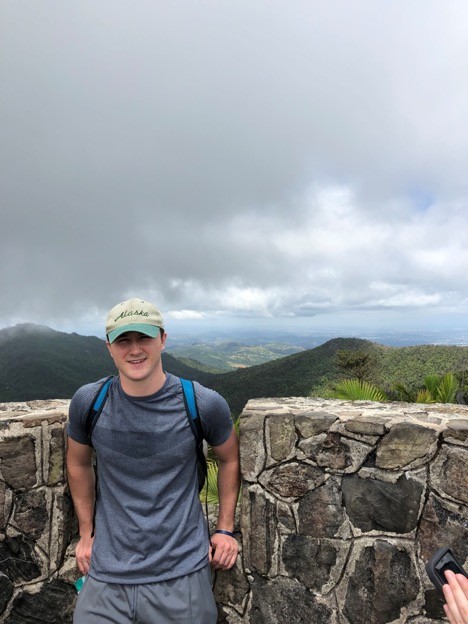Visual Agronomics: Combating Food Insecurity in Sub-Saharan Africa

In my time as an undergrad at the University of Illinois, I had been searching for opportunities to create a societal impact as I progressed in my education. Being a Global Food Security Intern has allowed me to create an immediate impact while allowing me to comfortably balance other aspects of my life. Increased global food demand paired with a depleting amount of available agricultural resources will only compound the issue of food insecurity. Combating global food insecurity will be one of the most substantial challenges of this century, and it will be imperative to continue to develop programs, such as the Pan-African Soybean Variety Trials (PATs), in order ensure a higher level of global food security for the future. I am extremely happy to hold a role through the Soybean Innovation Lab in assisting with agronomic data representation and visualization for the PATs.
The PATs allow for greater insight into the probability of different soybean varieties’ success dependent on the climate that is presented at each trial site. This is accomplished through increased access to germplasm, education, and training for trial operators (non-governmental organizations, government agencies, the private sector) that allow operators to record their data observations within a digital format that can easily be interpreted and synthesized. The trials introduce testing of commercial soybean varieties from across the globe to 24 partner countries and 116 partner locations within those partner countries. This provides an incredible depth of data for current and future partner countries/farmers to make their soybean strain selection decisions from. This information will allow for a higher level of sustainability within agriculture in Sub-Saharan Africa. In a world with depleting available resources and an increasing population, increasing efficiency and sustainability will be essential for creating a viable future.
I am extremely thankful for the College of Agricultural, and Consumer and Environmental Sciences Global Food Security Internship Program for providing me with the opportunity to create an immediate global impact as an undergrad. Within my time in the role, I have greatly developed my data visualization and representation acumen, growing my own skills while contributing to an incredibly important cause. My understanding of global food security and international agriculture has been thoroughly enriched through this experience, and I look forward to continuing on within the field as I continue into my career.
Ian Joyce, a student in agricultural and consumer economics, worked with Michelle da Fonseca Santos at the Soybean Innovation Lab.
Through the Global Food Security Interns program, ACES International is supporting talented and motivated undergraduate students to work with ACES faculty or staff on food-security-related projects in low and middle-income countries. In early 2021, six undergrads received funding as global food security interns.